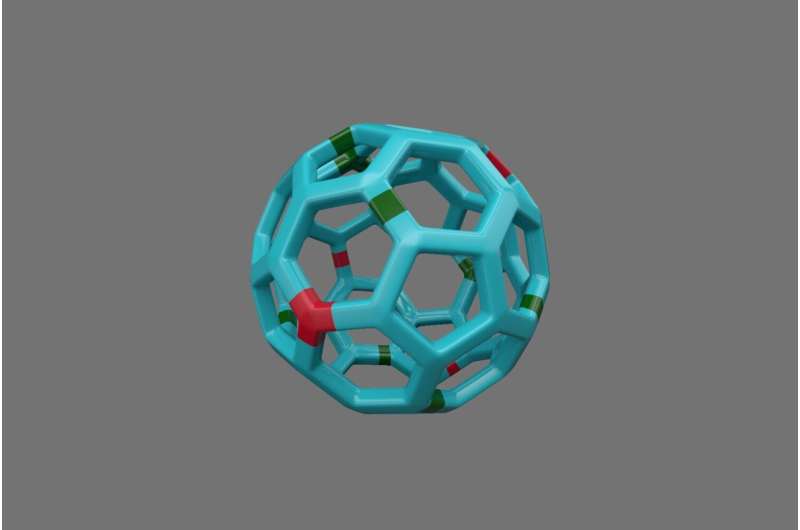In addition to helping vaccine candidates produce stronger, longer-lasting immune responses, the platform will allow researchers to elicit and test different types of immune responses to determine what is most effective for protecting against specific pathogens.
“These nanoparticles elicit stronger, more robust immune responses, and the breadth of our platform allows us to readily tune the type of immune response in a way that just was not feasible with previous technologies,” said Eric Appel, an associate professor of materials science and engineering and senior author on the paper published Aug. 7 in Science Advances. “This can be a tool to understand how different types of immune responses give rise to better or worse protection—it was impossible to even ask that question before.”

